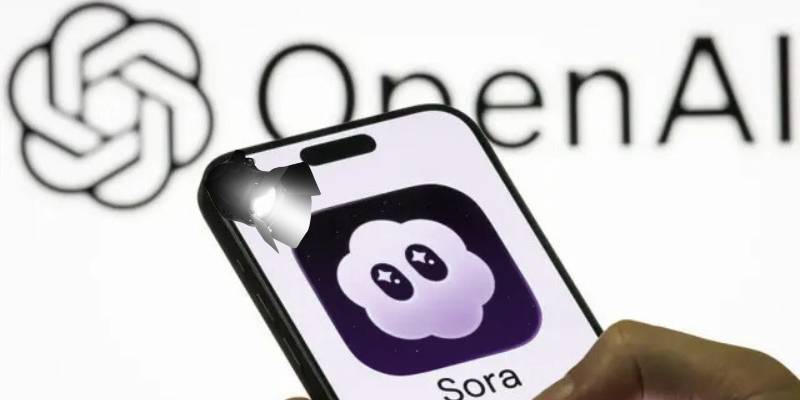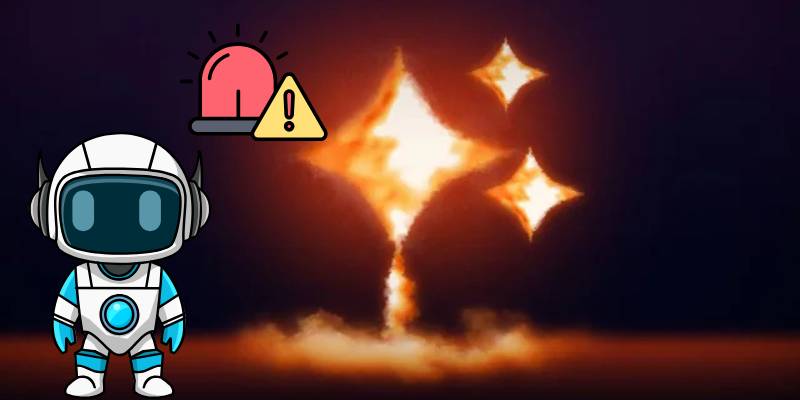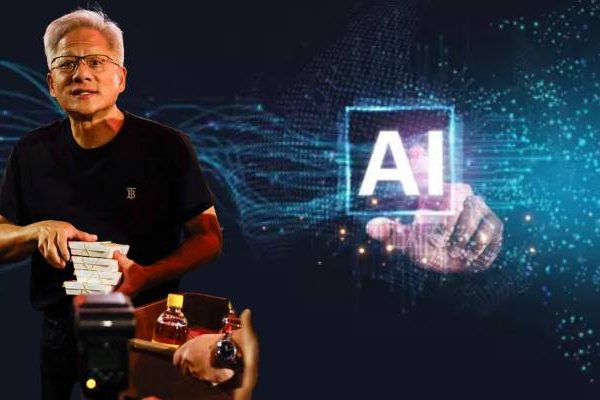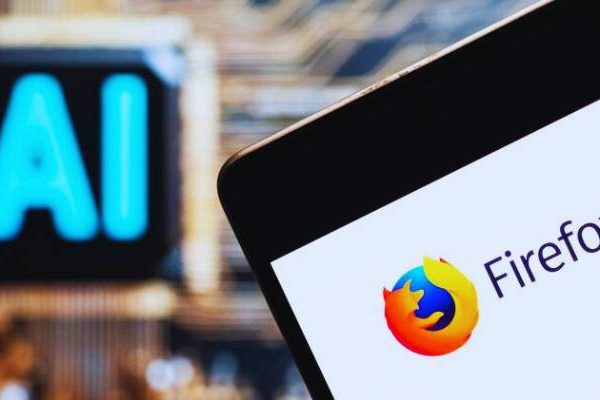
Sora Takes the Spotlight: OpenAI’s AI Video App Hits One Million Downloads — and Sparks a Creative Storm
It’s not every week you see an AI app crash through a million downloads in just a few days, but here we are.
OpenAI’s Sora, the company’s ambitious video generation platform, has become the talk of the internet — part filmmaking revolution, part ethical minefield.
According to a recent report, users are flocking to the app, mesmerized by its ability to turn text prompts into cinematic scenes in seconds.
The excitement feels almost nostalgic, like the early days of Instagram, except this time, everyone’s a director.
But not everyone’s cheering. In Hollywood, the mood’s a bit frostier. Major studios and talent agencies are ringing alarm bells, worried that tools like Sora could blur the line between inspiration and imitation.
The folks at CAA even went so far as to warn that AI-generated videos could jeopardize artists’ livelihoods — imagine a world where your likeness stars in a blockbuster you never even knew existed. Creepy? Maybe. Revolutionary? Definitely.
I tried playing around with similar AI video tools a while back — nothing fancy, just to see how wild it could get.
The tech felt half magic, half chaos. You feed it a poetic line about “a lonely astronaut dancing under a blood-red sky,” and bam — it serves up a haunting little film that could’ve come straight out of a Sundance short.
That’s the intoxicating part. You don’t need a crew, a camera, or a budget. Just words and imagination.
But yeah, it’s also terrifyingly easy to imagine it being misused. And that’s not just my take — experts at Axios have already raised flags about scammers weaponizing AI-generated videos for deepfakes and misinformation.
Of course, OpenAI insists they’re adding safety layers and IP protections. They’ve promised better watermarking, more transparent provenance data, and clearer user controls.
Still, it’s like trying to catch confetti in a hurricane. Once a realistic video is out there, how do you prove it’s fake? And more importantly — do people even care enough to check?
Meanwhile, competition is heating up. Google’s gearing up to release its upgraded Veo 3.1 model, which boasts longer clips, smoother motion, and more “director-level” control over camera angles.
Some tech insiders say it’s gunning directly for Sora’s throne. The whole thing feels like watching Spielberg and Scorsese suddenly realize there’s a teenager in their garage making movies that rival theirs — using just a laptop and a latte.
And look, whether you love or hate this AI boom, one thing’s clear: the world of creativity isn’t going back to normal.
Artists are experimenting, technologists are philosophizing, and lawmakers are scrambling to keep up.
The lines are blurring — between artist and algorithm, dream and data. Personally, I find it kind of thrilling. Messy, sure, but thrilling.
Maybe that’s the price of progress — the chaos before the clarity.
Still, I can’t shake one question: when AI starts telling stories, whose stories are they, really?
If Sora is the paintbrush, who holds the hand that paints? The world’s about to find out — one frame at a time.





















